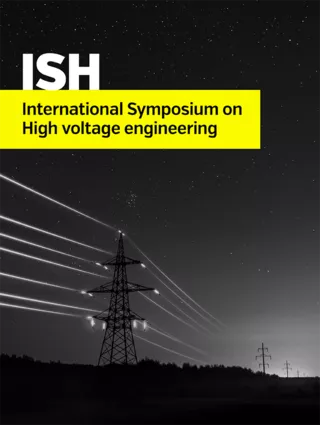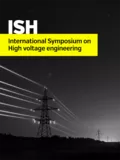Summary
This paper shows part of a larger investigative work about surge arresters used in electrical distribution networks in Brazil. Thermogravimetric tests were carried out on samples of silicone rubber compounds taken from new surge arresters (not used) and some surge arresters removed from distribution networks of the northeast and southeast of Brazil after several years in service, no less than ten years installed in electric networks. Five different manufacturers were evaluated in this work, three Brazilian brands, one American brand and one Chinese brand. The silicone rubber compounds of the three Brazilian brands of surge arrester were evaluated for unused equipment and used equipment. The American and Chinese brands had their materials evaluated only in non-use condition (new). The TGA results showed that the macro-composition of silicone rubber compounds used in surge arresters have changed over the last decade in their proportions of constituent materials, but did not change the type of constituent materials used to make the compounds. This study also showed that over the years the compounds used in manufacture of surge arresters by different manufacturers are usually different from each other. However, only the TGA tests do not provide enough reliable information to indicate which of these compounds produce the best surge arresters.
Additional informations
| Publication type | ISH Collection |
|---|---|
| Reference | ISH2017_555 |
| Publication year | |
| Publisher | ISH |
| File size | 529 KB |
| Pages number | 6 |
| Price for non member | Free |
| Price for member | Free |
Authors
J.L. DE FRANCO, S.R. DE ABREU, F.C.C. DE LIMA, J. PISSOLATO FILHO
Keywords
Silicone Rubber Compound, Surge Arresters, Thermogravimetric Analysis, TGA, ATH, SiO2


